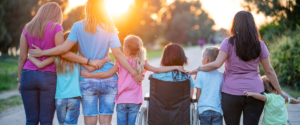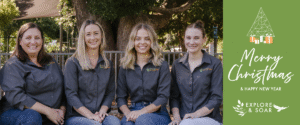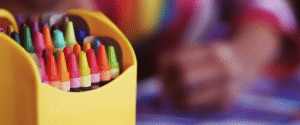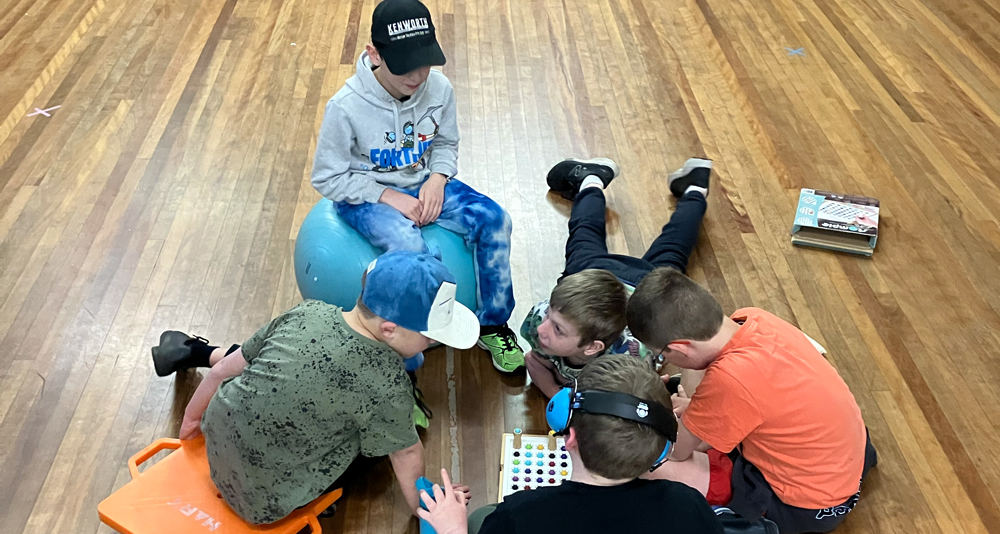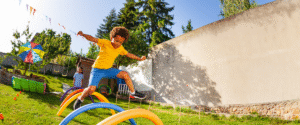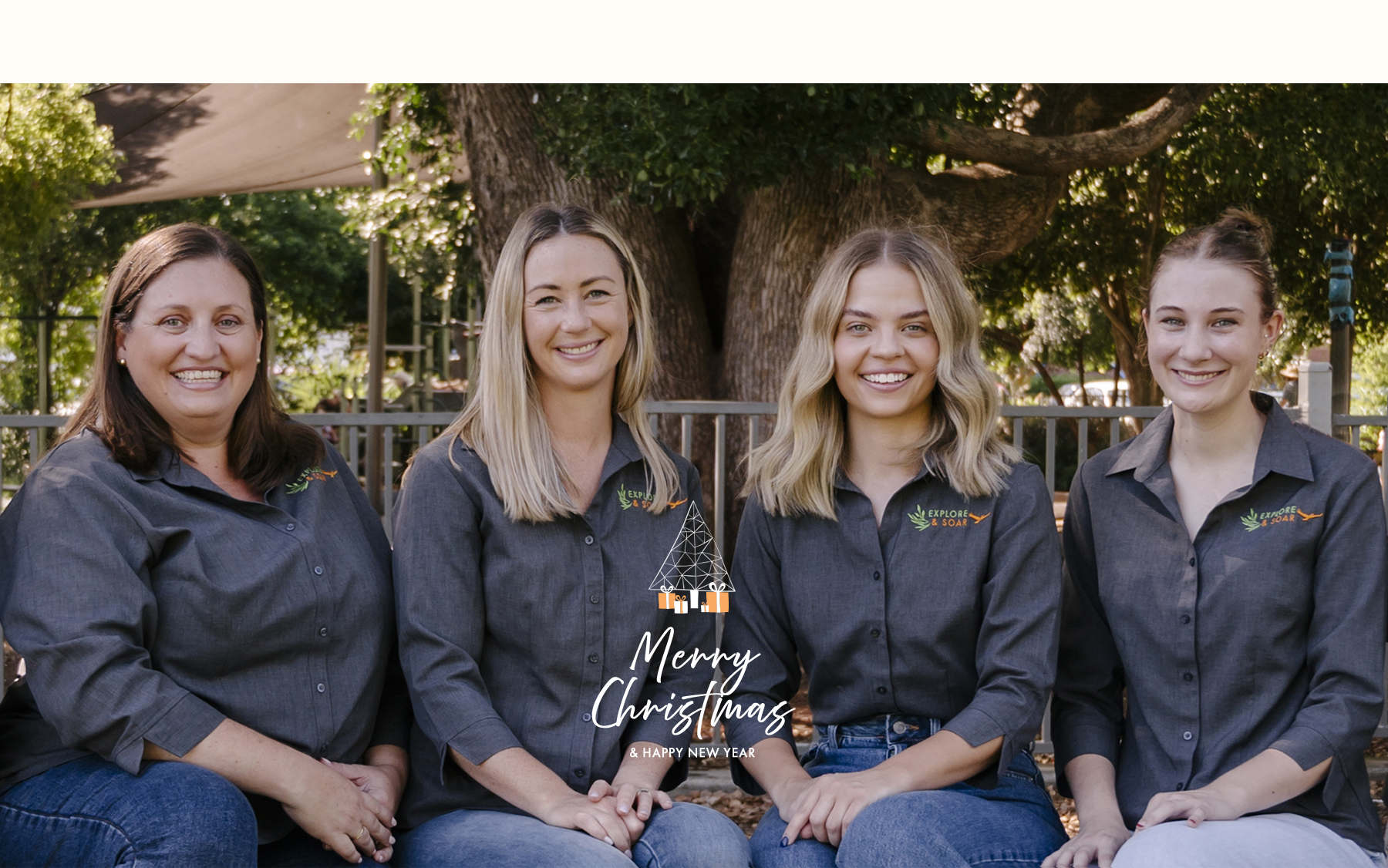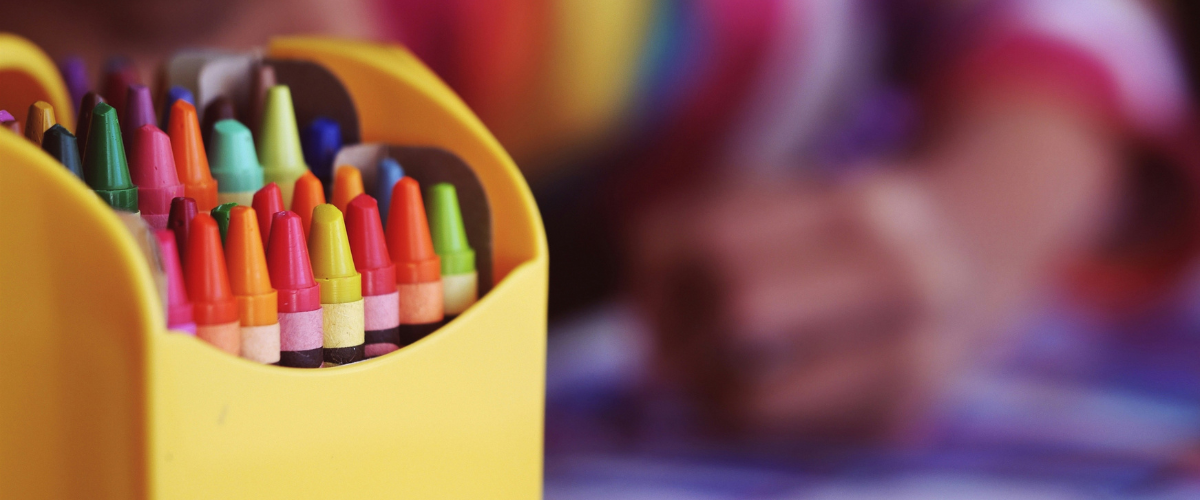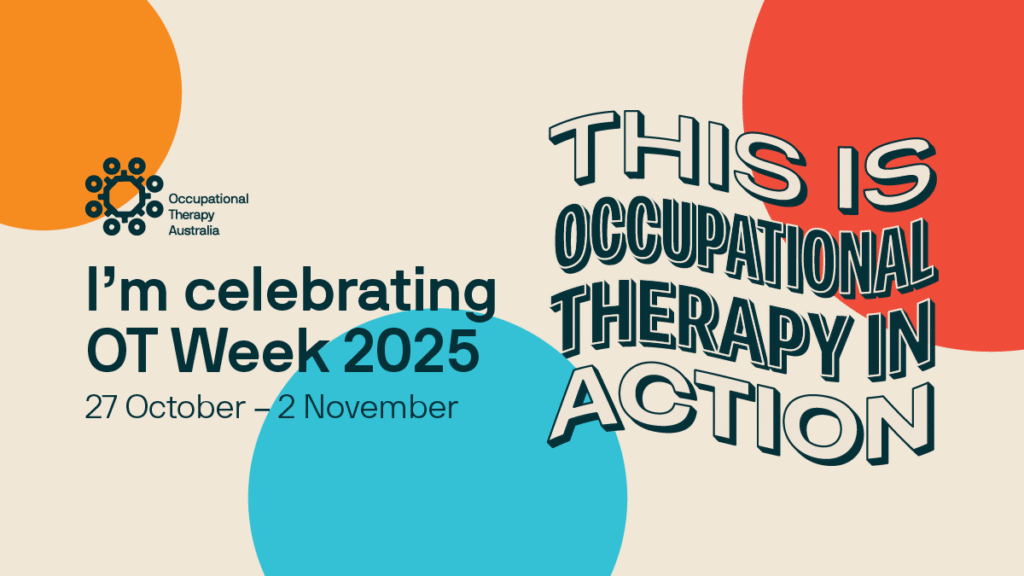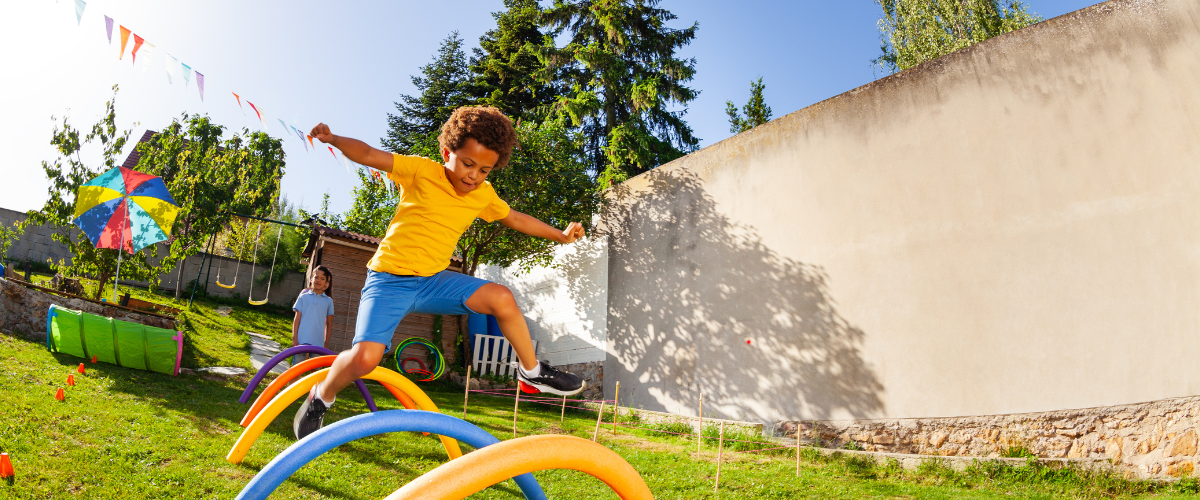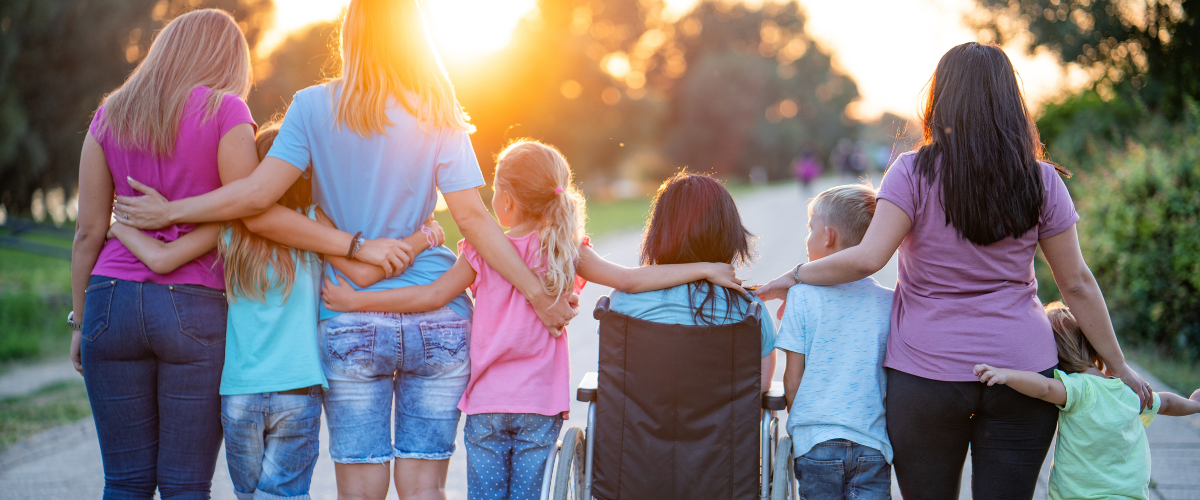
WELCOME TO 2026:
A YEAR OF RECLAIMING POTENTIAL WITH CLARITY
Happy New Year, everyone! Welcome to 2026!
We are starting the year strong and we’re thrilled to hold our biannual School Holiday Social Group Programs and Intensive Programs commencing on Monday, 12 January. We cannot wait to see you all there. Until then, we are still enjoying some time off, resting and enjoying the sun!
2026 Annual Theme: Reclaiming Potential with Clarity
Every year seems to get busier with more expectations put on us to do everything, be everything and more. As a team we are feeling it, and from our observations, so are our families. Each year we think deeply about what is happening with everyone and how our annual theme can resonate with our team, clients and families as well as our wider communities.
For us this year, it’s about going back to the foundations. By ensuring that we have aced the basics, reclaiming what we are in control of and can achieve, we can restabilise our base of support with clarity for us to then launch off again. This can be in anything that we do, but most importantly it’s about starting with each client’s potential and applying where our knowledge is needed the most.
What does ‘reclaiming’ mean to us?
First and foremost, ‘reclaiming’ for us means to take back, have ownership, independence or control over what is important to you. This is very personalised and will be different for each person, as your priorities, interests and from an OT perspective, goals are varied.
This is where our team at Explore and Soar work so closely with you, as we want our clients to have ownership of their goals, progress and become independent in achieving them. Our role is to support, give guidance and strategies to achieve this.
There has been a lot of noise with changes to NDIS and other governing bodies last year that a lot has felt out of our control due to a level of uncertainty and reactivity to how we can continue to give what we need for our children, and how Explore and Soar will continue to provide OT services to you – our clients. By refocusing and reclaiming what we have, will give strength to ground and feel confident for the year to come to build resilience, adaptability and independence in achieving each individual goal that is set for the year.
What is ‘potential’ in OT?
The potential in OT is in everything we do, from play, to engaging at school, to eating or sleeping. It is about us all reaching our potential, having access and being provided with the best opportunities to reach our goals and achieve independence.
Each person’s potential is unique, encompassing their own interests, goals and motivations to achieve this. As OT’s our role is to work alongside each of our clients and families to help them see their strengths, individualise intervention sessions and strategies to highlight these skills and give each client and family the confidence to want to keep practicing and working towards their goals, as all their goals are achievable.
By focusing on each client’s unique qualities and skill sets, we get to witness self confidence and resilience grow, goals be achieved and see each one of our clients realise their own potential and what they can give to the world.
How does clarity help with reclaiming potential?
Clarity refers to a clear understanding and sense of what you are going to achieve and work towards for the year. As OT’s, we help in providing clarity in the ‘HOW’. The ‘how’ is in the intervention approach, education and the specific activities for our clients to reach those specific goals. This could mean frequency in appointments change (eg: term appointments – clinic vs home vs community, intensives, peer sessions or group programs), different intervention modalities and activities to complete, refined home programming suggestions and activities, as well as continued parent coaching for unwavering encouragement, reinforcement of your current achievements and advocacy to help all our families achieve their goals.
For our clients and families, knowing you have an allied health team around you who can help provide that clarity and build that support network around you is paramount to your successes! You are not alone, we are right here with you!
Explore and Soar’s commitment to reclaiming potential with clarity
Our team continues to remain focused on strengthening our skills in supporting our clients by further focusing on our parent education and support, finding those go to and achievable strategies for our families that will help reduce the overwhelm, and reclaim our potential and niche as a company. We are really looking forward to remaining focused on our strengths in our foundational knowledge and support to our clients, providing sponsorships within our local communities, as well as exploring what else we have to offer to our clients and families in our local communities.
We are excited about what this year has to offer us all, how we will grow together and continue to make our clients and communities stronger!
Keep an eye out for our monthly blogs, termly newsletters and our social media in how Explore and Soar will continue to Reclaim Potential with Clarity over the next 12 months.
Until next time,
Jess
If you’d like to chat more, please don’t hesitate to contact us today! Call us on 0477 708 217 or email admin@exploreandsoar.com.au
PUBLISHED JANUARY 2026

